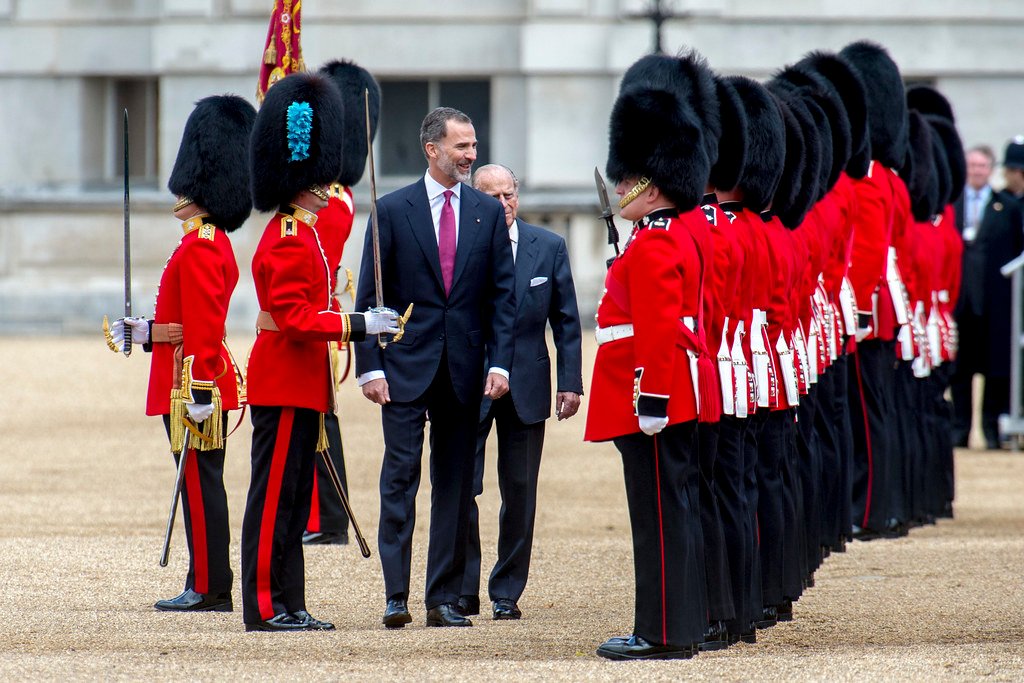On Tuesday, a significant political development unfolded in Spain as King Felipe VI nominated the acting Prime Minister, Pedro Sanchez, for a new mandate. This move came after a failed attempt by Sanchez’s conservative adversary to secure the position of prime minister just last week. The news was relayed to reporters by the lower house speaker, Francina Armengol.
To truly understand the weight of this announcement, it’s crucial to delve into the intricacies of Spanish politics, the roles of the key players, and the circumstances leading up to this event.
The Spanish Monarchy and its Political Role
The Spanish monarchy has, over the years, transitioned from being a key governing institution to a largely ceremonial role. Still, it retains some crucial constitutional functions. One of these responsibilities is the nomination of the prime ministerial candidate, particularly in situations where the political landscape is fractured or uncertain.
King Felipe VI’s nomination of Sanchez demonstrates the monarch’s constitutional duty to ensure that the country has a stable government. In situations where no party has a clear majority, the king’s decision can be influential in setting the direction for the country’s political future.
Pedro Sanchez: The Man and His Journey
Pedro Sanchez, a member of the Spanish Socialist Workers’ Party (PSOE), has been an influential figure in Spanish politics for many years. His career has been marked by both successes and challenges. Over the years, he has demonstrated resilience, bouncing back from political setbacks to occupy key roles in government.
As acting Prime Minister, Sanchez has had to navigate a complex political terrain, characterized by coalitions, negotiations, and sometimes contentious relations with other political factions. His nomination by the king underscores his central role in the current political scenario and the trust placed in him to potentially lead the nation through another term.
The Rival’s Bid and its Implications
The reference to Sanchez’s conservative rival failing in his bid to become prime minister adds another layer of complexity to the story. Political bids, especially in a parliamentary system like Spain’s, are often fraught with negotiations, alliances, and back-channel communications. The fact that the conservative contender could not secure enough support indicates a shift in the political balance or a lack of consensus within the conservative faction.
Such developments have broader implications. They highlight the challenges of coalition politics, where parties with differing ideologies need to find common ground to govern effectively. The rival’s failed attempt suggests that there might be divisions or disagreements that couldn’t be bridged, leading to an inability to form a cohesive government.
Francina Armengol: The Messenger
Francina Armengol’s role as the lower house speaker makes her a pivotal figure in Spanish parliamentary proceedings. As the person responsible for conveying this significant announcement, she becomes a key link between the monarchy, the government, and the public.
Armengol’s communication to the reporters signifies the transparency and the democratic ethos of Spain’s political system. It shows the importance of keeping the public informed about major political developments, emphasizing the role of media in a democracy.
The Parliamentary Vote: What Lies Ahead
With Sanchez’s nomination, the next step is the parliamentary vote. This vote will determine whether he gets a new mandate to continue as Spain’s Prime Minister.
The parliamentary system in Spain is based on coalitions and alliances. Sanchez’s PSOE, while a significant force, doesn’t have an outright majority. Therefore, the upcoming vote is expected to be a tight contest. It will involve intricate negotiations, potential policy compromises, and attempts to forge new alliances to garner the necessary support.
In the run-up to the vote, Spain can expect a flurry of political activity. Parties will be strategizing, politicians will be negotiating, and the media will be abuzz with speculations and analyses. It’s a period of intense political maneuvering, where every move and statement can have significant repercussions.
Conclusion
The nomination of Pedro Sanchez by King Felipe VI is not just a routine political development. It’s a statement about the current state of Spanish politics, the dynamics between different parties, and the challenges of governance in a multi-party system.
The events leading up to this moment – from the failed bid of Sanchez’s conservative rival to the announcement by Francina Armengol – are all pieces of a larger puzzle. They provide a snapshot of the complexities of political life in Spain and set the stage for the upcoming parliamentary vote.
As Spain looks forward to this crucial vote, the nation and its people will be keenly watching. The outcome will not only determine the immediate future of the country’s leadership but will also provide insights into the evolving political landscape of Spain.
Read More:
